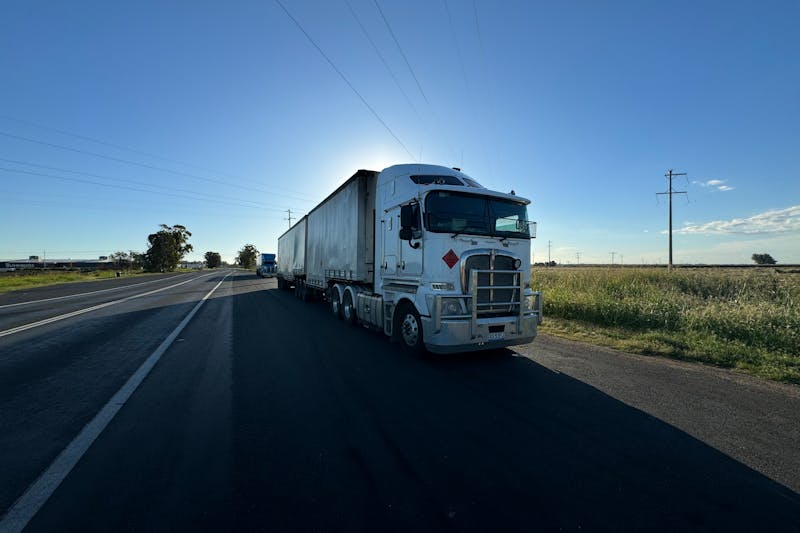Tennessee Nursing Home Bedsores Lawyer

A bedsore is a pressure sore, or pressure ulcer, which is an injury to the skin and the underlying tissue of the skin, and can afflict any area of the body that is taking all of the weight and pressure of a person’s body when they are lying in a bed for a prolonged period of time. Bedsores come from prolonged, unrelieved pressure on a person’s skin, or on their body, and tend to develop around regions where bones are prominent, such as the hip, ankle, or tailbone.
Stages of Bedsores
Bedsores, or pressure ulcers, are set out in four different stages, with stage one being the most minor of the bedsores, and stage four being the worst pressure ulcer. Stage one refers to situations in which an individual has a sore, or maybe some red marks on skin that is painful, but has not yet broken or torn. Stage one bedsores are slightly reddened, and will not blanch, which is when the region loses color when a finger is pressed against the skin and removed.
Stage two bedsores involve a break in the skin. These sores may weigh more, and will form an ulcer that tends to be tender, or painful to the resident and can expand into deeper layers of the skin. Stage two sores might look like cuts of blisters.
Stage three bedsores are the result of pressure that goes further into the tissue, deeper down from the skin. Stage three sores form what might look like a small hole or crater, and it is possible to see some of the fat beneath the skin and the sore, but it does not go quite deep enough to expose any muscle tissue or bone.
The worst, and most serious stage of bedsores is stage four, which involves a very deep pressure ulcer. These ulcers reach all the way down to muscle and bone, which will cause extensive damage to deeper joints, tissues, and tendons.
Dangers of Bedsores
Oftentimes, a bedsore occurs when a person is not receiving the proper care, which is usually the result of a nursing home being understaffed, and not having the resources to adequately care for each resident. If a person has a bedsore it generally means that they cannot turn themselves, and that there are not enough staff members in the nursing home to come in and ensure that the person is turned.
When a person is not being turned, it is quite possible that there is also no one making sure that the resident is getting enough water, or getting enough food. When these key things are not happening, that tends to mean that there is also a pattern of general abuse or neglect going on because all of these things are fairly easy to provide when there are enough people around to do so.
Monitoring and Preventing Bedsores
When any patient is being treated for any kind of condition, in any kind of facility, it is extremely important that they are monitored correctly in order to track progress, or any failure, of the treatment protocol. Once a bedsore has occurred, it is important to be able to see the progress of its treatment.
Residents should be monitored to ensure that they keep the pressure off of where the sore occurred. Monitoring can track the patient’s diet, their weight, their input and output, their hydration, and other vitals to show that all necessary steps are being taken to help get rid of any bedsores. If these steps are not successful, and if the bedsore is growing in diameter, then something else needs to change, and something is not being done like it should be done. Monitoring is key to making sure that treatment is successful.
Filing a Legal Claim for Bedsores
According to the National Quality Forum, or NQF, stage 3 and 4 bedsores that occur after a patient has been admitted to a facility are called “never events”. These events are considered to be preventable medical conditions that could result in significant harm or death. When a resident has developed a stage 3 or 4 bedsore, a Tennessee nursing home bedsores lawyer should be consulted immediately. A lawyer, such as one from The Higgins Firm, may seek compensation for restorative medical care, and any pain or suffering.
Taking legal action might also prompt the facility to establish better protocols and ensure staff follow them at all times.
A legal claim may also prompt a neglectful long-term care facility to establish proper care protocols and ensure that staff follows them.
The Higgins Firm can listen to what happened to you or a loved one, investigate the case, and determine whether or not there are valid grounds for a legal claim. Let us put a stop to negligence in Tennessee nursing homes. Call our nursing home bedsores lawyer in Tennessee today for a case review.




![Average Settlement for Car Accidents in Nashville [What to Expect in 2025]](https://www.thehigginsfirm.com/wp-content/uploads/2025/03/car-accident-settlement.jpg)
